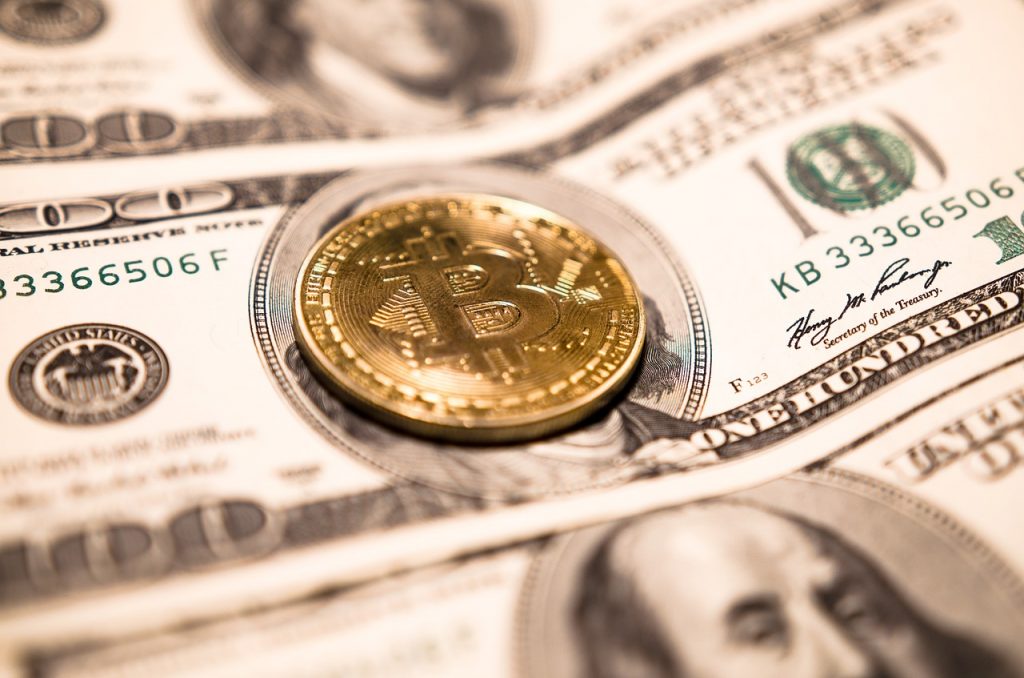The Entire Cryptocurrency Industry Is About To Crash And Burn?
In an uncertain economy, cryptocurrency's volatile models have brought the entire industry to a nexus that some experts believe could result in a total collapse.
This article is more than 2 years old
Have you experienced waking up from a deep sleep in the middle of the night, you take a couple of deep breaths and you think you smell a fire. In that moment, every muscle in your body becomes tense as you spring out of your bed with sheer panic in your eyes. That’s how almost all Cryptocurrency investors feel as they rocket toward the end of 2022 and there is no parachute in sight for them.
The news broke last week that Binance was pulling out of the emergency agreement with FTX Cryptocurrency, after taking a look at the cryptocurrency giant’s financial records. That was FTX’s last and only hope to avoid being put out of business after being valued at $32 million dollars by experts just a few short months ago. Is this the beginning of the end for crypto as we have come to know it in recent years?
This is the question all the financial pundits and talking heads are tackling and it is important to understand what has brought the Cryptocurrency industry to this point. Currently, it is no secret that the United States economy is contracting and the dreaded word recession has been discussed by financial experts for approximately the past 15 months. This certainly has been a contributing factor to the sudden decline in the crypto industry mostly because of the counter-measures that other big industries must take to protect their own companies.
If we look at the climate surrounding cryptocurrency when the pandemic started almost three years ago, we see that industry being the recipient of huge injections of money. This was facilitated by the Federal Reserve’s easy money policy. This policy kept the country’s prime rate and corresponding interest rates near zero.
This allows banks to borrow money from the central bank for bargain basement prices, which in turn they lend to investors at a slightly higher rate. These interest rates were also at historic lows and a terrific tool for investors with good credit to utilize. It was an inexpensive way to assist the funding of profit-seeking investors in all markets, not just cryptocurrency.

If we look at the current economic landscape the Federal Reserve has increased the prime borrowing rate in the past six meetings and they meet every six weeks to discuss whether to keep it the same, raise it, or lower it. Every meeting for the last six months has had the same outcome of increasing the Prime Rate. According to CNN Business, “JPMorgan analysts say that the Fed’s policies will create a large drag on the availability of cash for investment well into next year. In all, the slowdown in global money growth looks set to continue over the coming year, with some contraction looking likely in the US,” said JPMorgan strategist Nikolaos Panigirtzoglou to CNN.
The ramifications of the Fed’s decisions are consistent with what we have seen during the natural economic cycle of our country in the past. When you have higher borrowing interest rates investors are more cautious about where they decide to place their money. The first markets to see that impacts are the ones that would be considered volatile and high risk, high reward.
That has been the calling card for cryptocurrency since its inception as a business market. You don’t need to look any further than Bitcoin’s rise to 50k + price per coin in 2022 that big move made early investors millionaires. However, in the last 6-months, we have seen its value plummet down to 15k per coin, and investors who tried to ride it out for another rebound or investors late to the game have lost billions of total dollars.
This is the hardest punch the current recession has thrown at our economy and only time will tell how prepared cryptocurrency and digital asset companies are and whether they can weather the storm. We already saw FTX cryptocurrency get knocked out by that uppercut. Unfortunately, this is not the only industry where we are starting to see signs of economic fatigue.
The information technology sector, with companies like Apple and Microsoft, were responsible for 44% of the S&P index’s 2022 decline in value. The housing market has also seen a decrease in new purchases for eight consecutive months. The one thing the history of economics has taught us is that the economy will always rebound at some point the only question is, When?





